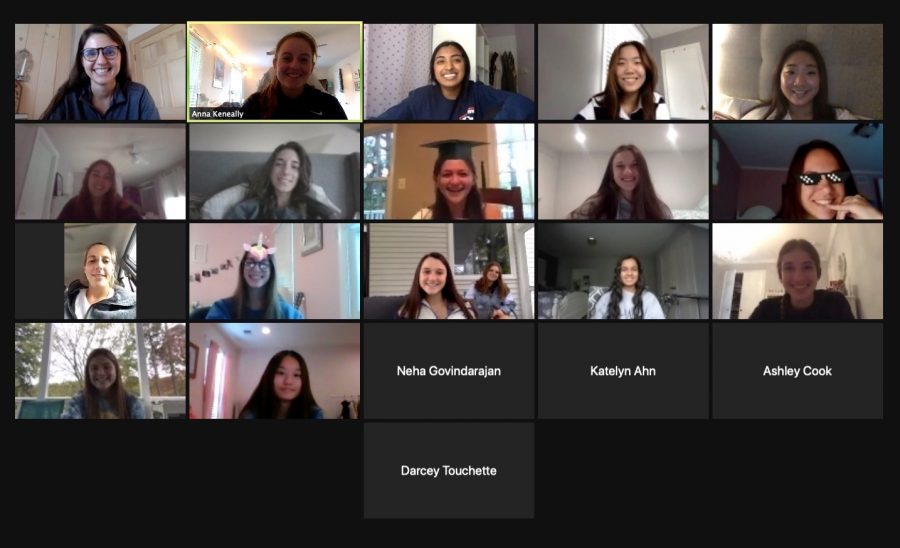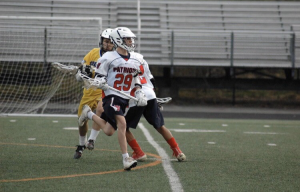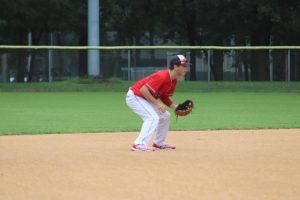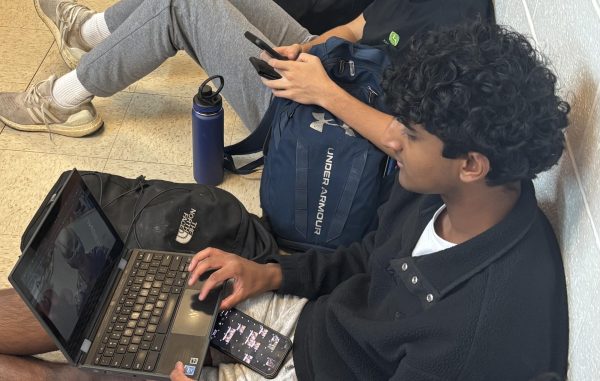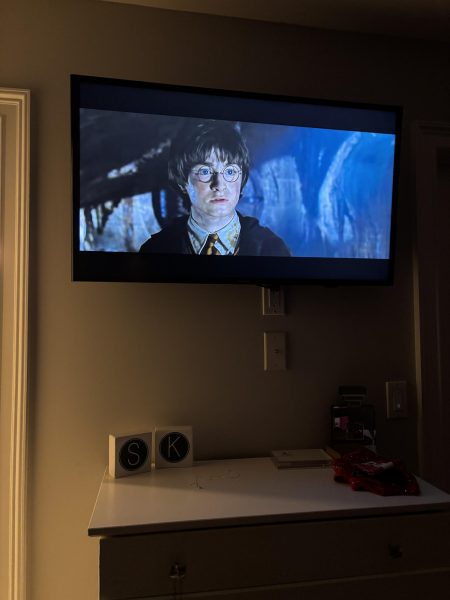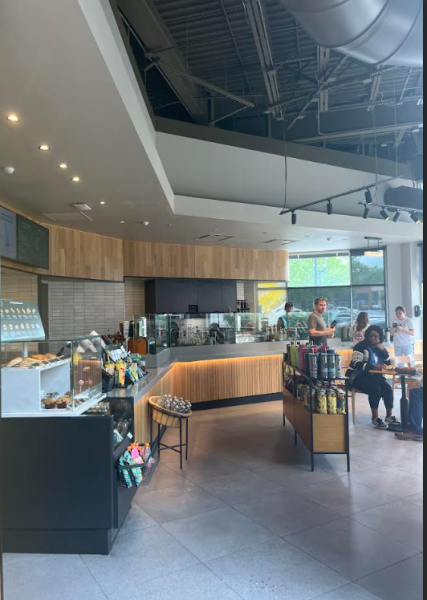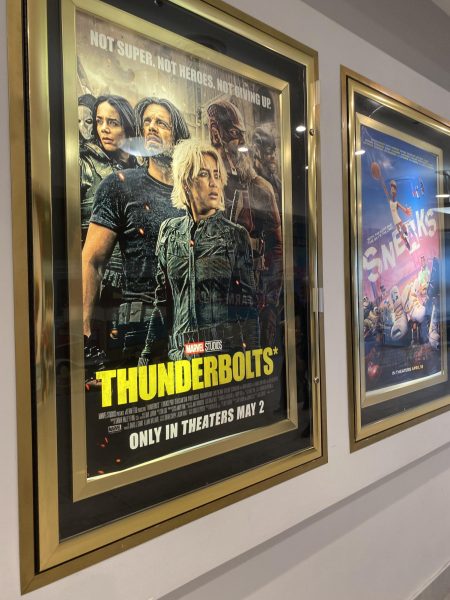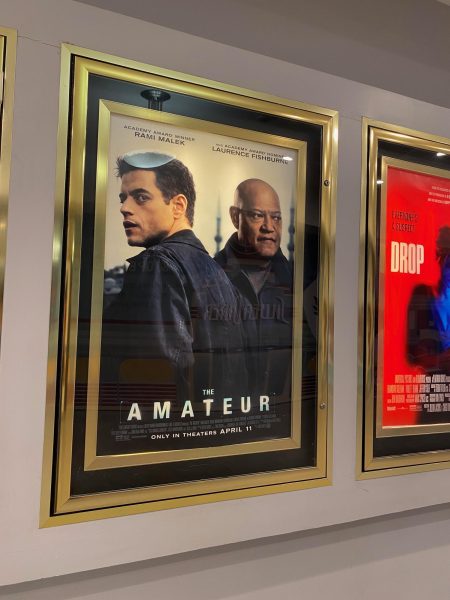Students, coaches have mixed reviews about virtual sports
The field hockey team participates in their final Zoom for the season.
Unable to have normal sports practices and games, fall sports were the first to participate in a virtual sports season. With practices over Zoom and online team bonding, students and coaches have mixed opinions.
Virtual sports were intended to be a way for teammates to stay connected and continue to prepare for a possible spring season. They provided a chance for students to have social interaction and practices with their teammates. “I think that finding ways for students to engage in extracurricular activities in any capacity during virtual learning is beneficial for student well-being, mental health, and socialization. The socialization and opportunity for the players to interact with one another in a field hockey related setting is invaluable. It allows for maintaining the sense of community and for strengthening relationships between players as well as between the coaches and the team,” field hockey coach Madison Averill said.
Virtual sports also gave a chance for new students, especially freshmen, to meet new people and get an introduction to the team. “Virtual sports provides a way for incoming freshman or upperclassmen that have not played on the team before to get acclimated to the team environment, get to know the coaching staff, and start building connections with the returning team members,” Averill said.
Each team approached virtual sports differently. Some participated in team bonding activities and motivational talks while others had virtual practices and conditionings. Teams also used a combination of both. “I think virtual sports overall went pretty smoothly. We had conditionings, alumni talks, and guest speakers that helped me stay focused on field hockey,” junior Jenna Seibert said.
On the other hand, students felt that virtual sports added more stress as it increased their screen time and took time out of their afternoon. “I think virtual sports were a good attempt at trying to bring teams and players together. However, they were time consuming and when people didn’t turn their cameras on, it didn’t feel personal,” senior Zara Chavoshi said.
Virtual sports posed challenges for coaches to come up with new ideas to keep the team engaged and having fun. “The main challenge up front was deciding on ways to make the season engaging and fun for players, not overwhelming as a time-commitment, and still focused on building skills and knowledge about the game of field hockey,” Averill said.
Overall, virtual sports were believed to be better than no season at all, and the hope for a normal spring season still holds.
Your donation will support the student journalists of Thomas S. Wootton High School. Your contribution will allow us to purchase equipment and cover our annual website hosting costs.
Quinn Lugenbeel is a 2021 graduate.


